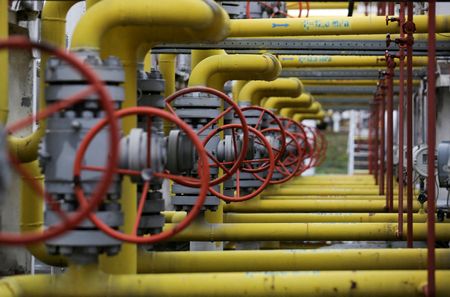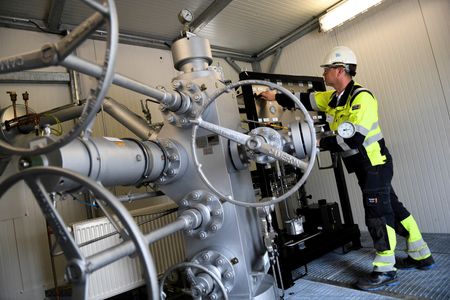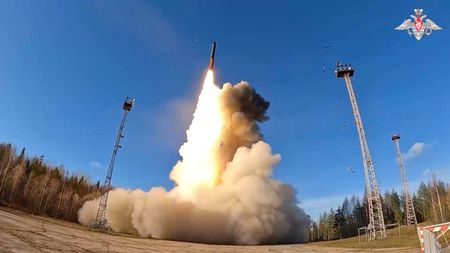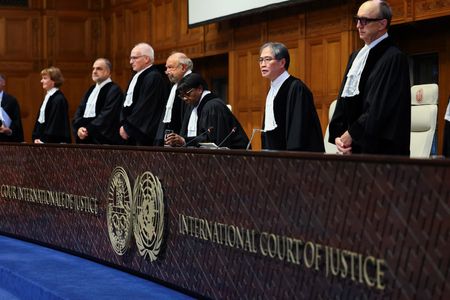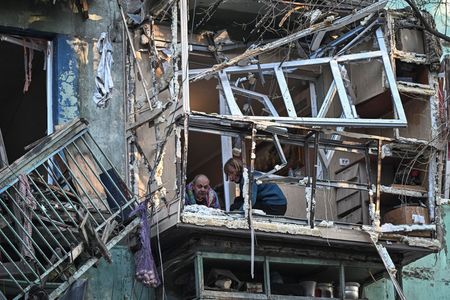By Kate Abnett and Julia Payne
BRUSSELS (Reuters) – The European Union is planning to extend its targets to fill gas storage ahead of winter for at least another year after their scheduled expiry in December 2025, EU diplomats told Reuters.
Since the 2022 energy crisis when former top gas supplier Russia cut fuel deliveries, Brussels has imposed binding storage filling targets on EU member states to create a buffer of stored gas in case of further supply shocks.
The main goal is for EU underground storage caverns to be 90% full by November, with intermediate targets for February, May, July and September.
The system is due to expire at the end of this year, but the European Commission plans to propose an extension for at least another year, diplomats familiar with the plans said.
A Commission spokesperson declined to confirm if this was the case.
“We are looking into various options to ensure sufficient gas storage once the current regulation comes to an end,” the spokesperson said.
Some EU countries – which must approve the extension – have said they want changes to the targets before they are prolonged, the diplomats said.
Governments’ concerns include that setting fixed deadlines to fill storage could cause price rises by signalling to the market that Europe needs to buy more gas by a specific date.
Another worry is how countries can recoup the potentially high costs of filling storage ahead of winter.
Germany’s gas trading hub said on Tuesday it is in talks with the government about potential subsidies for contractors to refill storage.
European gas prices for the summer months are currently more expensive than contracts covering next winter, creating a disincentive in the market to buy more gas to refill storage over summer.
Germany had introduced a tariff on gas sales to neighbouring countries to cover the high costs of filling its storage with non-Russian gas in 2022, but later scrapped the measure after criticism from these countries.
While the worst of Europe’s energy crisis has passed, prolonging the storage obligations would serve as a backstop against potential future shocks.
Gas storage is emptying fast this winter amid cold weather and lower Russian supplies.
EU gas storage caverns are currently 59% full, data from Gas Infrastructure Europe showed. That is far lower than at the same time in 2024 and 2023, but comfortably above the 44% full EU storage at this time in 2022.
(Reporting by Kate Abnett and Julia Payne; Editing by Jan Harvey)

